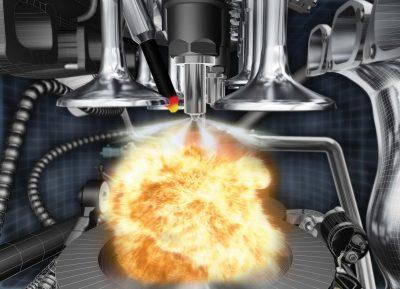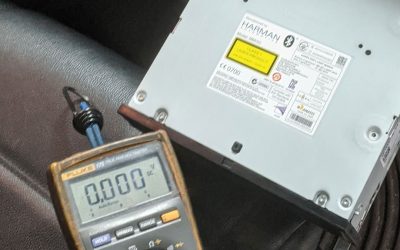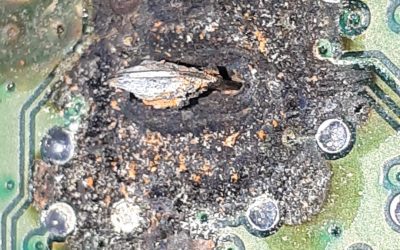The biggest boost to diesel popularity in the U.S. was this praiseworthy engineering effort.
Wolfsburg’s four-cylinder diesel engine, which first appeared here in 1978, has always had the respect of the mechanically inclined. It just kept going and going, all the while providing fuel economy that gasoline engines simply couldn’t approach by virtue of their very nature.
But since its engine management was purely mechanical and it used pre-combustion chambers, its emissions and noise levels were too high, and its performance and fuel efficiency too low to make it acceptable in more modern times.
VW continued to believe in the viability of the diesel, however, and figured its problems could be vastly mitigated. The result of this thinking was the TDI® 1.9L diesel engine, which was first available here in the 1996 Jetta, Passat and Golf models and offered excellent fuel efficiency along with spirited acceleration.
This transformation was accomplished through the application of thoroughly modern technology beginning with electronically-controlled injection, boost, EGR, and glow plug on-time. The computer gets the info it needs from numerous sensors, including those for MAF, MAP, ECT, TP, IAT, and fuel temperature, then decides which of 25 maps is appropriate.
The TDI® engine gets a big increase in efficiency from direct injection, as was previously seen only on heavy-duty diesels. The electronics allow fuel to be force-fed straight into the combustion chamber in two stages, which softens operation. A unique inlet swirl port and five-hole injectors that make a nice mist contribute, too. By the way, diesel injection pump outlet pressures are always high, but those of the TDI® engines are especially so — nearing 1,500 psi (100 BAR).
Another smoothness enhancement is the intake manifold flap. In any diesel engine, compression is so high that it tends to stop the pistons abruptly during shut-down, which causes an unpleasant shudder. This vacuum-operated flap cuts off intake air upon command from the PCM, thus lowering psi and allowing a kinder, gentler finish.
You may not expect to see a catalytic converter on a diesel, but the TDI® engine has one. While it helps a little on HC and CO, its big job is knocking down NOx. Speaking of NOx, the EGR includes a cooler to reduce the temperature of the recycled gases, which helps its efficiency.
The timing belt replacement interval is every 40K miles. This is definitely a hitter, so you’d better keep after your customers about this job as a way to avoid megabuck repairs. Just as in the original Rabbit diesel, a special tool is available to lock the injection pump hub in place while you R&R the belt (a setting bar holds the cam). Never, ever loosen or remove the hub from the pump shaft.
Download PDF





0 Comments